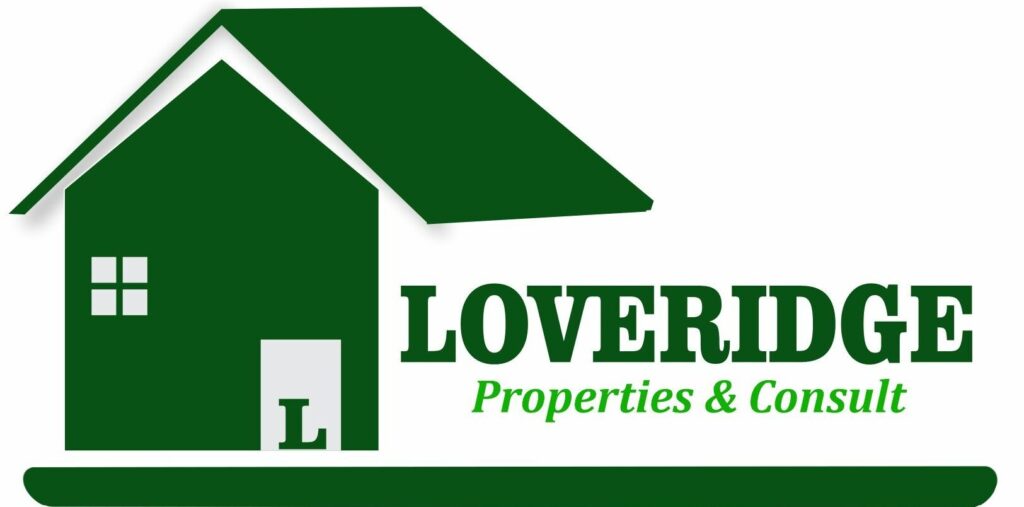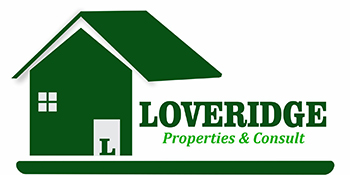Real Estate Agency Act in Ghana

In Ghana, the real estate industry is regulated by the Real Estate Agency Act, 2021 (Act 1047). This legislation sets out the legal framework and requirements for operating a real estate agency in the country. Here are some key points about the Real Estate Agency Act in Ghana: Licensing: The Act mandates that individuals and entities engaged in real estate agency activities must obtain a license from the Ghana Real Estate Agency Council (GREAC). This license is necessary to operate legally as a real estate agency and provide services such as property sales, rentals, leasing, and property management. Professional Qualifications: The Act emphasizes the importance of professionalism in the real estate industry. To obtain a license, individuals must meet specific educational and professional requirements set by GREAC. These requirements may include completing relevant real estate courses, acquiring practical experience, and passing qualifying exams. Code of Conduct: The Act establishes a code of conduct for real estate agencies and their agents. This code outlines ethical standards and behaviors that agents must adhere to when dealing with clients, other agents, and the general public. It promotes transparency, honesty, fairness, and professionalism in all real estate transactions. Agency Agreements: The Act requires real estate agencies to enter into written agreements with clients before undertaking any agency work. These agreements should clearly outline the scope of services, terms, and conditions, including fees and commissions. Trust Accounts: Real estate agencies are required to maintain separate trust accounts for handling clients’ funds. This ensures that client funds are properly safeguarded and not commingled with the agency’s operating funds. The Act specifies the rules and procedures for handling and accounting for these trust funds. Dispute Resolution: The Act establishes mechanisms for resolving disputes between real estate agencies, agents, and clients. It provides for the resolution of disputes through mediation, arbitration, or the Ghanaian court system, depending on the nature and severity of the dispute. Regulatory Oversight: The Ghana Real Estate Agency Council (GREAC) is responsible for overseeing the implementation of the Real Estate Agency Act. GREAC has the authority to issue licenses, enforce compliance with the Act and the code of conduct, and regulate the conduct of real estate agencies and their agents. It is important for real estate agencies in Ghana to familiarize themselves with the provisions of the Real Estate Agency Act and ensure compliance with its requirements. Adhering to the Act’s regulations helps maintain professionalism, protects the interests of clients, and contributes to the overall integrity and development of the real estate industry in Ghana.
Real Estate Market Analysis in Ghana (2011-2021)
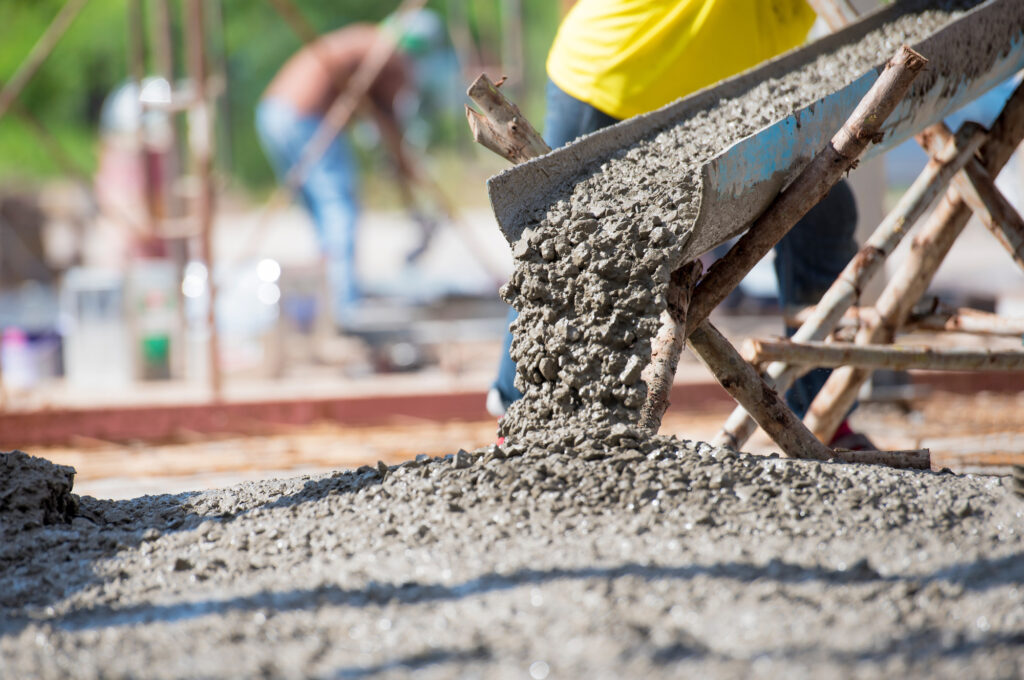
Introduction During the period of 2011 to 2021, Ghana’s real estate market demonstrated promising indicators. The population exhibited consistent growth, driving the demand for housing. Job opportunities expanded, contributing to economic stability. Median household income rose, making homeownership more attainable. Moreover, median home values experienced appreciation, showcasing the market’s potential for investors. Although challenges like limited financing and infrastructure deficiencies exist, positive factors such as urbanization and a growing middle class present lucrative opportunities. The government’s focus on infrastructure development further enhances the market’s attractiveness. Additionally, Ghana’s thriving tourism industry provides avenues for real estate investment in the hospitality sector. Investors keen on capitalizing on Ghana’s evolving real estate market should consider these positive trends while addressing the existing challenges. With careful navigation, the market holds promising prospects for growth and returns on investment. 1) Data Table: Real Estate Market Analysis in Ghana (2011-2021) KP1 2011 2012 2013 2014 2015 2016 2017 2018 2019 2020 2021 Total % Change Over Time Avg % Change Over Time Population Growth 24.66% 25.19% 25.73% 26.28% 26.85% 27.43% 28.03% 28.64% 29.26% 29.89% 30.54% 23.86% 2.35% Job Growth 6.81% 6.92% 7.03% 7.14% 7.26% 7.38% 7.51% 7.65% 7.79% 7.94% 8.09% 18.85% 1.83% Median Household Income $3,510 $3,617 $3,726 $3,837 $3,950 $4,065 $4,183 $4,303 $4,426 $4,551 $4,679 33.27% 3.12% Median Home Values $75,621 $77,303 $79,034 $80,816 $82,652 $84,543 $86,491 $88,498 $90,566 $92,696 $94,890 25.43% 2.39% Crime Rate 52.14 51.09 49.94 48.79 47.65 46.52 45.40 44.29 43.18 42.09 41.00 -21.41% -2.05% 2) Analysis of Unique Economic, Development, and Regional Challenges: In Ghana, several unique economic, development, and regional challenges have impacted the real estate market. Some of these challenges include: a) Limited Access to Financing: Access to financing for real estate development and home purchases has been a challenge, particularly for low- and middle-income individuals. The lack of affordable mortgage options and high interest rates restricts the growth of the real estate market. b) Infrastructure Deficiencies: Inadequate infrastructure, such as roads, water supply, and electricity, poses challenges to real estate development. The lack of basic amenities in some areas limits the attractiveness and value of properties. c) Land Title Issues: Ambiguous land ownership and title registration processes have been a persistent challenge in Ghana. The absence of a well-defined and efficient land registration system creates uncertainties and hampers property transactions. d) Informal Housing Sector: The presence of a large informal housing sector, characterized by unplanned settlements and inadequate housing conditions, poses challenges for formal real estate development. The informal sector competes with formal developers and affects the overall quality and standardization of housing. 3) Analysis of Positive Economic and Development Opportunities: Despite the challenges, Ghana’s real estate market offers several positive economic and development opportunities, particularly for investors. Some key opportunities include: a) Urbanization and Population Growth: The rapid urbanization and population growth in Ghana present a high demand for housing, especially in urban areas. This creates investment opportunities for developers and investors looking to cater to the growing housing needs. b) Rising Middle Class: Ghana’s emerging middle class is driving the demand for improved housing and modern amenities. Investing in affordable housing projects targeting this demographic can be highly lucrative. c) Infrastructure Development: The government’s focus on infrastructure development, including road networks, utilities, and public transportation, opens up opportunities for real estate investors. Areas with planned infrastructure projects are likely to experience increased property values and demand. d) Tourism and Hospitality: Ghana’s growing tourism industry creates opportunities for real estate investment in hotels, resorts, and vacation rentals. The country’s rich cultural heritage and natural attractions make it an attractive destination for tourists. Investors should consider these positive opportunities while addressing the challenges mentioned earlier to make informed decisions regarding real estate investments in Ghana. 4) Sources: Population Growth: Ghana Statistical Service (https://statsghana.gov.gh/)Job Growth: Ghana Statistical Service (https://statsghana.gov.gh/).Median Household Income: Ghana Statistical Service (https://statsghana.gov.gh/).Median Home Values: Ghana Real Estate Developers Association (https://www.greda.org.gh/).Crime Rate: Ghana Police Service (https://police.gov.gh/).
Identify and Avoid Real Estate Scams in Ghana.

Identifying and avoiding real estate scams in Ghana requires vigilance and thorough research. Here are some key steps to help you identify and avoid real estate scams: Verify Property Ownership: Request proof of ownership from the seller or landlord. Cross-check the provided documents with official land records or the Land Commission to ensure the individual or entity claiming ownership is legitimate. Physical Inspection: Visit the property in person and thoroughly inspect it. Be wary of deals where you are not allowed to visit the property or are provided with excuses to avoid an inspection. Conduct Background Checks: Research the reputation and credibility of the seller, developer, or real estate agent involved. Look for reviews, testimonials, or any past complaints to assess their track record. Be Skeptical of Unrealistic Offers: If an offer seems too good to be true, exercise caution. Scammers often entice victims with significantly low prices or promises of high returns on investment. Research the market value of similar properties in the area to ensure the offer is reasonable. Use Professional Services: Engage the services of qualified professionals, such as lawyers, real estate agents, or surveyors. They can help you navigate the legal aspects, review contracts, and verify property information. Avoid Upfront Payments or Cash Transactions: Be cautious if you are asked to make large upfront payments or if cash transactions are encouraged. Legitimate sellers or agents usually follow standard payment procedures, such as using bank transfers or escrow services. Research the Developer or Construction Company: If you are purchasing property from a developer, research their history, completed projects, and financial stability. Ensure they have a good reputation and are registered with relevant regulatory bodies. Beware of Pressure Tactics: Scammers may use high-pressure sales tactics to rush you into making a decision without proper due diligence. Take your time, thoroughly review all documents, and seek independent advice before committing to any transaction. Verify Legal Documentation: Consult with a lawyer to review all legal documentation, including sale agreements, title deeds, building permits, and land lease agreements. Ensure they are authentic and accurately represent the property and its ownership. Report Suspicious Activities: If you encounter or suspect a real estate scam, report it to the appropriate authorities, such as the Ghana Police Service, the Economic and Organized Crime Office (EOCO), or the Land Commission. Reporting can help protect others from falling victim to the same scam. Remember, being cautious, conducting thorough research, and seeking professional advice are essential when dealing with real estate transactions in Ghana. If something seems suspicious or too good to be true, it’s important to proceed with caution to avoid becoming a victim of real estate scams.
Real Estate Scam in Ghana: Causes & Prevention

Real estate scam in Ghana can be caused by various factors, including systemic issues, lack of regulation, corruption, and a lack of awareness among buyers. Here are some common causes of real estate fraud in Ghana and preventive measures that can be taken: Causes of Real Estate Scam in Ghana: Prevention of Real Estate Scam in Ghana: By addressing the root causes and implementing preventive measures, Ghana can significantly reduce real estate fraud and protect the rights and interests of individuals involved in property transactions.
10 Comprehensive Guide to Renting Luxury Apartments in Ghana
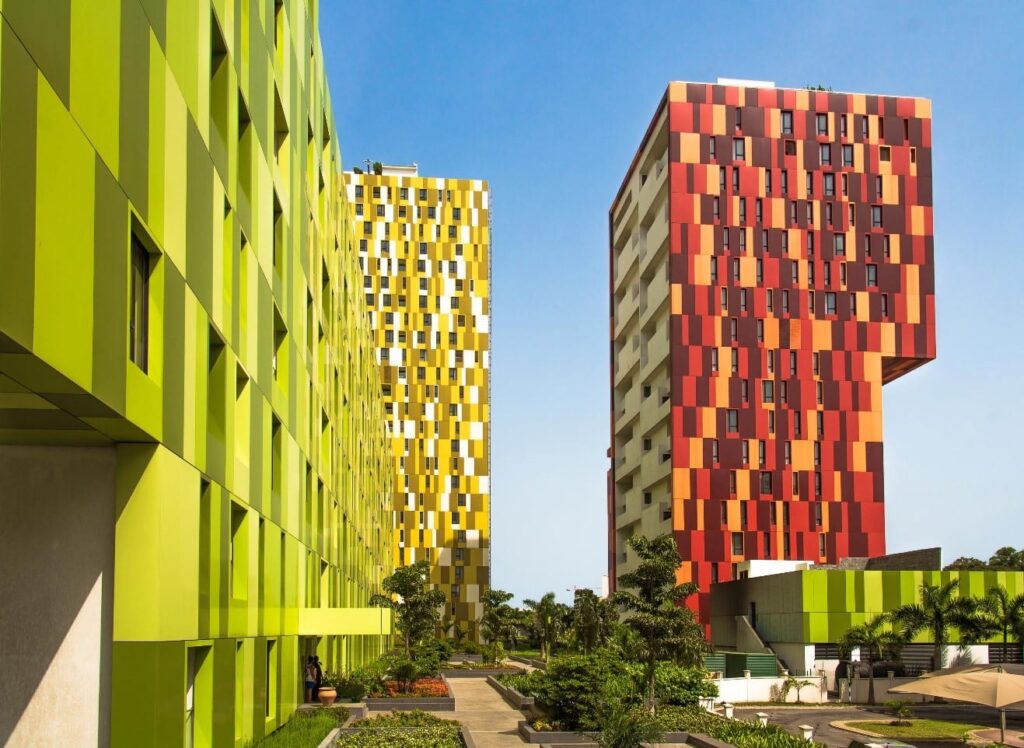
Introduction Renting a luxury apartment in Ghana offers the opportunity to experience upscale living in one of West Africa’s vibrant countries. From stunning views to top-notch amenities, luxury apartments provide a comfortable and stylish lifestyle. To ensure a seamless renting experience, it is essential to navigate the process with careful consideration. This comprehensive guide will take you through the key steps to find and secure your dream luxury rental in Ghana. Determine Your RequirementsBegin by defining your specific requirements for a luxury apartment. Consider factors such as location, size, number of bedrooms and bathrooms, amenities, security features, parking facilities, and proximity to essential services and attractions. Clearly outlining your needs will help narrow down your search and focus on properties that meet your criteria. Research the MarketConduct thorough research to understand the luxury rental market in Ghana. Explore online real estate platforms, consult with local real estate agents, and browse through property listings to get a sense of available options, rental prices, and trends in different neighborhoods. This knowledge will help you set realistic expectations and make informed decisions throughout the process. Set Your BudgetEstablishing a budget is crucial when renting a luxury apartment. Take into account not only the monthly rent but also additional costs such as maintenance fees, utilities, and any applicable taxes or service charges. Ensure that your budget aligns with the rental prices in the desired locations. It is important to strike a balance between your financial capabilities and the level of luxury you desire. Engage a Reputable Real Estate AgentConsider working with a reputable real estate agent https://www.loveridgeproperty.com who specializes in luxury rentals. They can provide valuable insights, access to exclusive listings, and assist you throughout the rental process, from property search to lease negotiation. A knowledgeable agent will have a deep understanding of the luxury market in Ghana and can help you find the perfect apartment that meets your criteria. Visit Potential PropertiesSchedule visits to the shortlisted luxury apartments to assess their condition, amenities, and overall suitability. Pay attention to the quality of construction, finishes, appliances, and any unique features that set the property apart. Take note of the security measures in place, such as CCTV surveillance, access control systems, and 24/7 security personnel. Visiting the properties in person will give you a better sense of the ambiance and help you make an informed decision. Verify Property Management ServicesLuxury apartments often come with additional services such as concierge, maintenance, and security. Inquire about the property management team and the services they offer. Ensure that they are responsive, reliable, and capable of addressing any concerns or issues that may arise during your tenancy. A well-managed property can greatly enhance your living experience. Review the Lease AgreementCarefully review the lease agreement before signing. Pay attention to the terms and conditions, lease duration, rent payment schedule, maintenance responsibilities, and any restrictions or policies outlined in the agreement. Seek legal advice if needed to ensure you fully understand the terms and protect your interests. A clear and comprehensive lease agreement is crucial for a smooth and hassle-free tenancy. Consider Security and SafetyLuxury apartments should prioritize security and safety. Inquire about the security measures implemented in the building, such as manned security guards, surveillance systems, secure entry systems, and emergency protocols. Evaluate the neighborhood’s safety reputation and proximity to emergency services. Ensuring your safety and peace of mind is paramount in selecting a luxury rental. Seek References and ReviewsRequest references from previous tenants or seek out online reviews to gain insights into the reputation and experiences of others who have rented from the same property or property management company. This firsthand information can help you make an informed decision about the reliability and quality of the luxury rental. Positive references and reviews are indicators of a well-regarded property. Negotiate TermsDepending on the rental market conditions, you may have room to negotiate certain terms such as rental price, lease duration, or inclusion of additional services or furnishings. Work with your real estate agent to negotiate the best possible terms that meet your requirements and align with your budget. Effective negotiation can help you secure a favorable rental agreement. Conclusion Renting a luxury apartment in Ghana offers a prestigious and comfortable lifestyle. By following this comprehensive guide, you’ll be well-equipped to find and secure your dream luxury rental. From determining your requirements to conducting thorough research and engaging with reputable professionals, each step is vital in ensuring a successful and fulfilling renting experience. Take your time, evaluate options carefully, and soon you’ll be enjoying the luxurious living that Ghana has to offer.
5 Signs You’ve Found the Right Home in Ghana
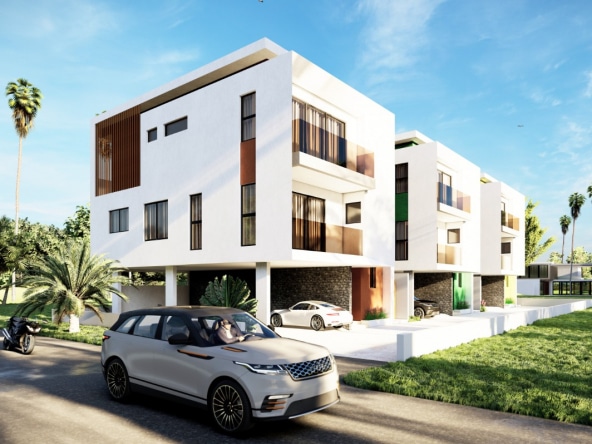
When searching for a house in Ghana, here are five indicators that you may have found the right one: Ultimately, finding the right house involves a combination of practical considerations and personal preferences. Take your time to evaluate various options, weigh the pros and cons, and seek professional advice when necessary.
BUYING LAND IN GHANA – THE LEGAL REQUIREMENTS

When buying land in Ghana, adhering to the legal requirements is crucial to ensure a smooth and secure transaction. Here are the essential legal requirements to consider: It is crucial to note that the information provided here is a general guideline, and specific requirements may vary depending on the location and nature of the land. It is always recommended to consult with legal professionals and relevant government authorities to ensure compliance with the current laws and regulations governing land acquisition in Ghana.
The significance of Ghana’s year of return on its real estate sector
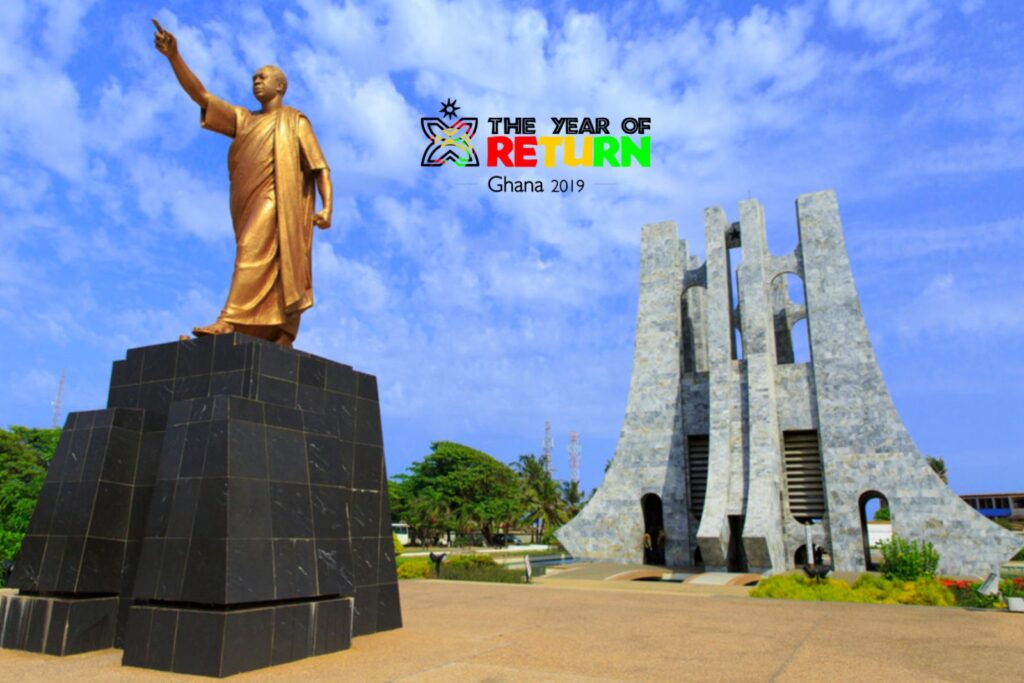
The “Year of Return” initiative in Ghana was launched in 2019 to commemorate the 400th anniversary of the arrival of the first enslaved Africans in Jamestown, Virginia. The initiative aimed to encourage people of African descent from around the world to visit Ghana, reconnect with their roots, and explore investment opportunities. While the initiative had a broader impact on tourism, culture, and the overall economy, it also had implications for the real estate sector in Ghana. Here are some ways the Year of Return influenced the real estate sector: While the Year of Return initiative had significant effects on Ghana’s real estate sector, it’s important to note that the COVID-19 pandemic and subsequent travel restrictions may have temporarily affected the momentum of growth. However, the long-term impact of the initiative in promoting Ghana as an investment destination and attracting global interest in its real estate sector remains noteworthy.
Land tenure system in China
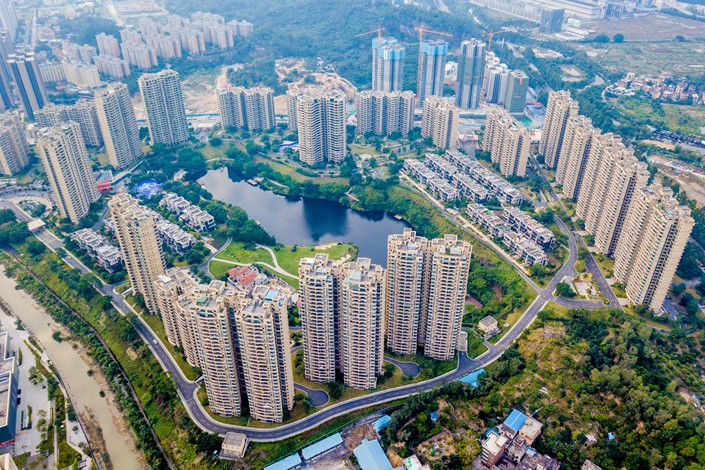
The land tenure system in China is unique and differs from the Western concept of private land ownership. The Constitution of the People’s Republic of China stipulates that all land in China belongs to the state or collective economic organizations. Individuals and entities can obtain land use rights, which provide them with certain usage rights and responsibilities for a specific period, typically ranging from 40 to 70 years. There are two primary types of land use rights in China: State-Owned Land Use Rights: State-owned land is owned by the government and managed by various land administration departments at different levels. The government allocates state-owned land use rights through various means, including auctions, bidding, leasing, and grants. These rights are typically obtained by businesses, industries, and other non-agricultural entities for commercial, industrial, or public purposes. Collective-Owned Land Use Rights: Collective-owned land is owned collectively by rural communities or village collectives. It is generally used for agricultural purposes. Collective-owned land use rights are granted to households or farmers within the collective, allowing them to use the land for agricultural production. However, these rights are not transferable or freely tradable. Farmers can sublease or transfer the right to use the land within their collective, but it requires approval from the collective and local authorities. It’s important to note that while individuals and entities can acquire land use rights, they do not have full ownership rights over the land. The state retains ultimate ownership, and land use rights can be revoked or reclaimed by the government under certain circumstances, such as for public interest, urban development, or infrastructure projects. The land tenure system in China has undergone significant reforms over the years to accommodate economic development and urbanization. These reforms have included the introduction of long-term land use rights, the establishment of land markets, and efforts to clarify land use rights and strengthen property rights protection. However, it remains a complex system that combines elements of state ownership and collective ownership, with the state maintaining overall control over land resources.
The Land Tenure System in Ghana: Unearthing Challenges and Seeking Solutions
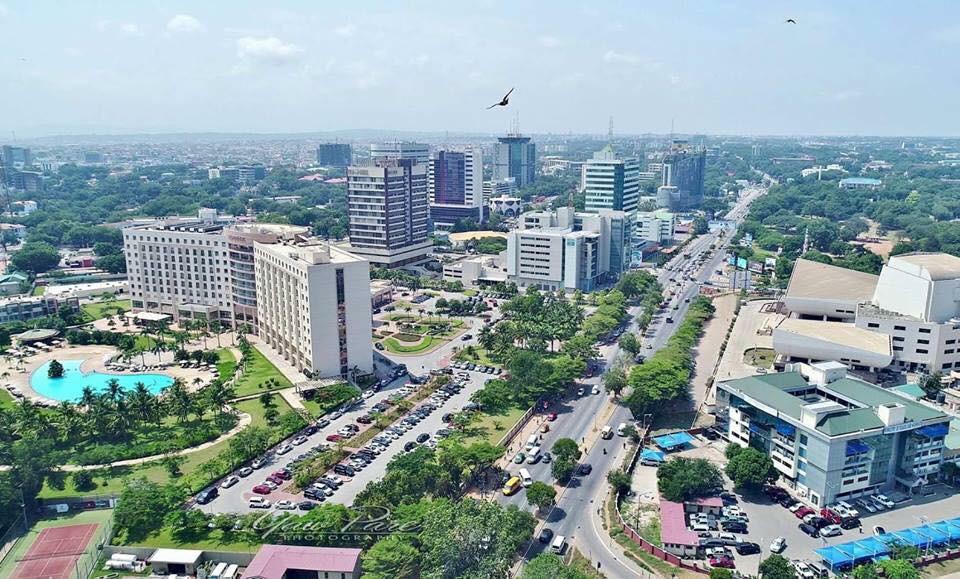
Introduction: Land is a vital resource that forms the backbone of economies and societies. In Ghana, like many other countries, the land tenure system plays a significant role in determining land ownership, usage, and management. However, this system is not without its challenges. This article aims to shed light on the land tenure system in Ghana and explore the obstacles it faces, as well as potential solutions for a more equitable and sustainable future. Historical Context: Ghana’s land tenure system has a complex history deeply rooted in colonialism and customary practices. Prior to colonization, land was predominantly communally owned and managed by traditional authorities. However, during the colonial era, the British administration introduced the concept of individual land ownership, which created a fundamental shift in land governance. Current Land Tenure System: In present-day Ghana, there are three main categories of land ownership: state lands, stool/skin lands, and family or clan lands. State lands are under the jurisdiction of the government, while stool/skin lands are controlled by traditional authorities. Family or clan lands are communally owned and managed by extended families or clans. Challenges: Solutions: Conclusion: The land tenure system in Ghana is confronted with numerous challenges, ranging from inadequate documentation and land disputes to gender inequality and encroachment. However, with concerted efforts from stakeholders at various levels, including government, traditional authorities, civil society, and communities, it is possible to overcome these obstacles and create a more transparent, equitable, and sustainable land governance system. By addressing these challenges head-on and implementing the suggested solutions, Ghana can unlock the immense potential of its land resources for the benefit of all its citizens.
